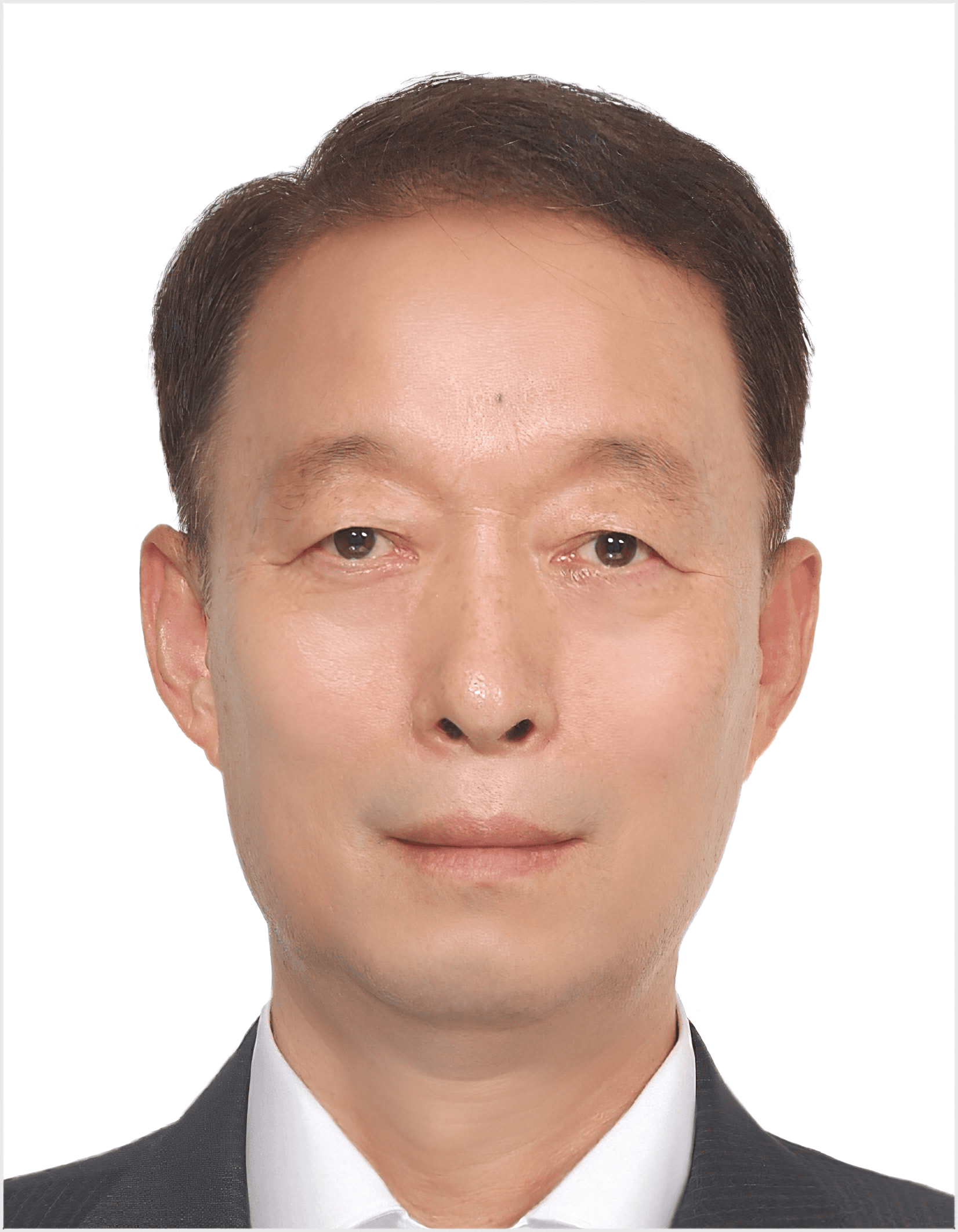This prestigious annual lecture is awarded to an individual who has significantly advanced the interrelationship between science, technology, and society.
The lecture is given each year by an internationally or nationally recognized individual from academia, industry or government. This annual lecture honors the late Professor Rustum Roy of The Pennsylvania State University and recognizes his contributions to science and technology and their interrelationship to society-at-large. The winner receives a certificate, up to $1,000 honorarium, and complimentary annual meeting registration.
Nomination Process
The nominee to be chosen should provide ACerS with a learned lecture at its Annual Meeting about the relationship between science and society. The Lecturer should be an accomplished speaker and communicate well to the mixed audience (members and visitors). The choice of Lecturer may be from within or outside of the ACerS and is an internationally or nationally recognized individual from academia, industry or government. Nominations can be submitted through the Awards Portal on the ACerS website.
Award Namesake
This annual lecture honors the late Professor Rustum Roy of The Pennsylvania State University and recognizes his contributions to science and technology and their interrelationship to society-at-large.
Rustum Roy was a major innovator of new materials synthesis techniques. Starting in 1948, he devised the solution sol-gel process for making pure nanoscale reactive powders for many important ceramic compositions. Roy’s seminal work in developing the sol-gel process and in identifying the phases of barium titanate, the most widely used material for capacitors, gained him worldwide recognition.
Roy also was innovative in his approach to materials science and among the first to recognize the necessity of bringing together scientists from many disciplines to work on solving difficult problems. This interdisciplinary approach was the underlying philosophy of the Materials Research Laboratory, which he led from 1962 to 1985. In 1969, he founded the Science, Technology and Society program at Penn State, which became a model for similar programs at universities across the nation.
Contact
Erica Zimmerman
ezimmerman@ceramics.org
Award Winners

Ungyu Paik
Ungyu Paik is a distinguished professor in the Department of Energy Engineering at Hanyang University, Korea. He earned his Ph.D. in the Department of Ceramic Engineering from Clemson University (1988 ~ 1991). Following this, he served as an associate professor at Changwon National University, Korea, until 1999. During this period, he worked as a researcher at the National Institute of Standards and Technology in Gaithersburg, MD (1991~1992, 1995~1996). In 1999, he became a professor at Hanyang University. The expertise of Professor Paik was acknowledged when he served as a minister in the Ministry of Trade, Industry, and Energy of Korea (2017 ~ 2018). Upon returning to academia, he has engaged in collaborative research with leading global companies, such as Samsung SDI, Samsung electronics and LG energy solution, making substantial contributions to the energy sector.
His research interests are centered around the development of materials for next-generation energy devices and storage systems. Based on the fundamental understanding of the physical/chemical properties of the materials and microstructure processing, his research has encompassed various aspects of advanced Li rechargeable batteries (all-solid-state batteries (ASSB), roll-to-roll dry coating process) and semiconductors (chemical mechanical planarization (CMP)). His work extends further into the synthesis of electro-catalyst for the applications to water splitting. Until now, he has published over 450 papers, with h-index exceeding 70, and over 200 granted patents and patent applications. Acknowledging his dedication to academic research, he has consistently been recognized as a highly cited researcher (HCR) by Clarivate Analytics, consistently ranking in the top 1% of scientists in the “Crossfield” for four consecutive years (2020 ~ 2024). His substantial contributions to energy storage systems solidify his position as a distinguished professor and researcher in his field.
Nomination Deadline
March 1 Annually